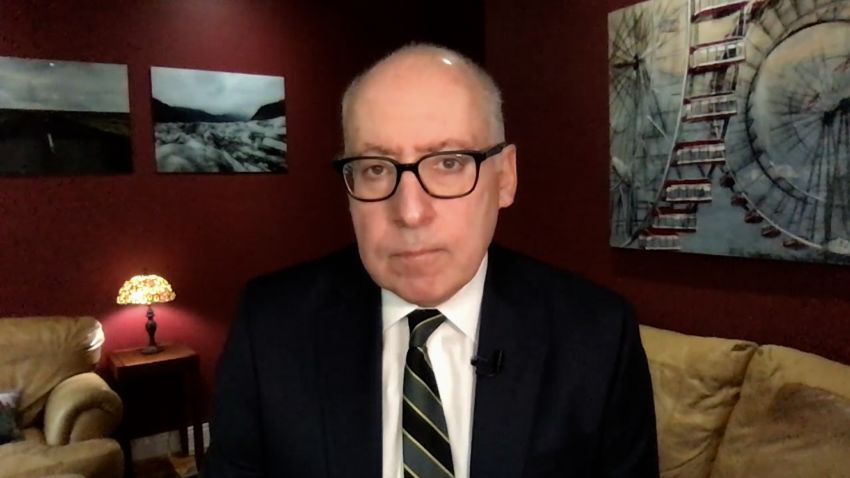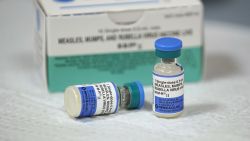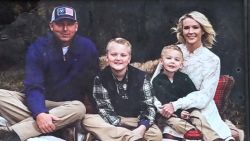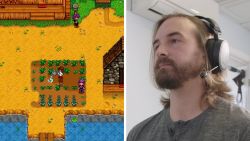Editor’s Note: Mitra Salasel is the director of communications at ideas42, a global nonprofit that creates social good through applied behavioral science. She is also one of the founders of Behavioral Scientist magazine. The views expressed here are the writer’s own. Read more opinion on CNN.
Like many others, I recently learned of actor Bruce Willis’ frontotemporal dementia diagnosis after his family issued a statement that circulated in the media. Unlike many others, I was clearing leftovers from my father’s memorial service when I read the news. I had buried my father, Behrooz, earlier in the week. The previous Saturday night in my childhood home, he had died with his hand in mine after losing a long battle with the very same disease. He was 64.

Thanks to Willis’ family shedding light on FTD, many are learning about this disease for the first time. But few people can comprehend its disastrous and destructive effects. The media has captured some of it: “A ‘heartbreaking’ disease.” “Devastating, prevalent and little understood … the cruelest disease you have never heard of.”
But my family has heard of it. We’ve spent the last five years living with it as we lost my father bit by bit, adapting to its many indignities, powerless as he lost first his impulse control, then his empathy, then his speech, then his mobility and, finally, the ability to swallow and the strength to keep his heart pumping. I know what’s coming for Willis – and his family. It’s something I would never wish on my worst enemy.
FTD is not Alzheimer’s. It can leave the memory intact for quite a while. In my father’s case, he never stopped recognizing his daughters’ faces, not even at the end. FTD impacts younger people, many of whom are in the prime of their lives. It introduces itself in pernicious ways. Some say the disease steals one’s very personhood and leaves behind nothing but shells of former selves in slowly deteriorating bodies.
My sister and I, my father’s main caregivers, chose to tend to him at home. In some ways we were lucky. Even in the midst of some of the more shocking periods of decline that came with his variant of FTD – such as a lack of inhibitions, paranoia, stilted speech (until language and his voice disappeared entirely) and an eerie lack of empathy or awareness if one of us was very sick – he never became violent as can happen for those with FTD. He never said an unkind word to my sister or me, never became dangerously agitated or threatening.
As an Iranian man raised as a Muslim, my father conveyed to us through his eyes and timid posture that he was painfully embarrassed and even ashamed when it came time for his two daughters to take over his bathing and hygiene alongside the revolving door of in-home aides we struggled to keep. But with gentle pleading, he let us care for him as lovingly as we could.
Because Iranians value family above all, my father had been in frequent, almost daily, contact with my sister and me throughout our adult lives. So we noticed his personality changes early enough that he never gambled away his life savings, lost his home, fell prey to a predatory scam, got into a dangerous accident, got fired from a job or put the lives of his family in danger – all things that can happen to people with FTD early on as the parts of the brain responsible for judgment atrophy.
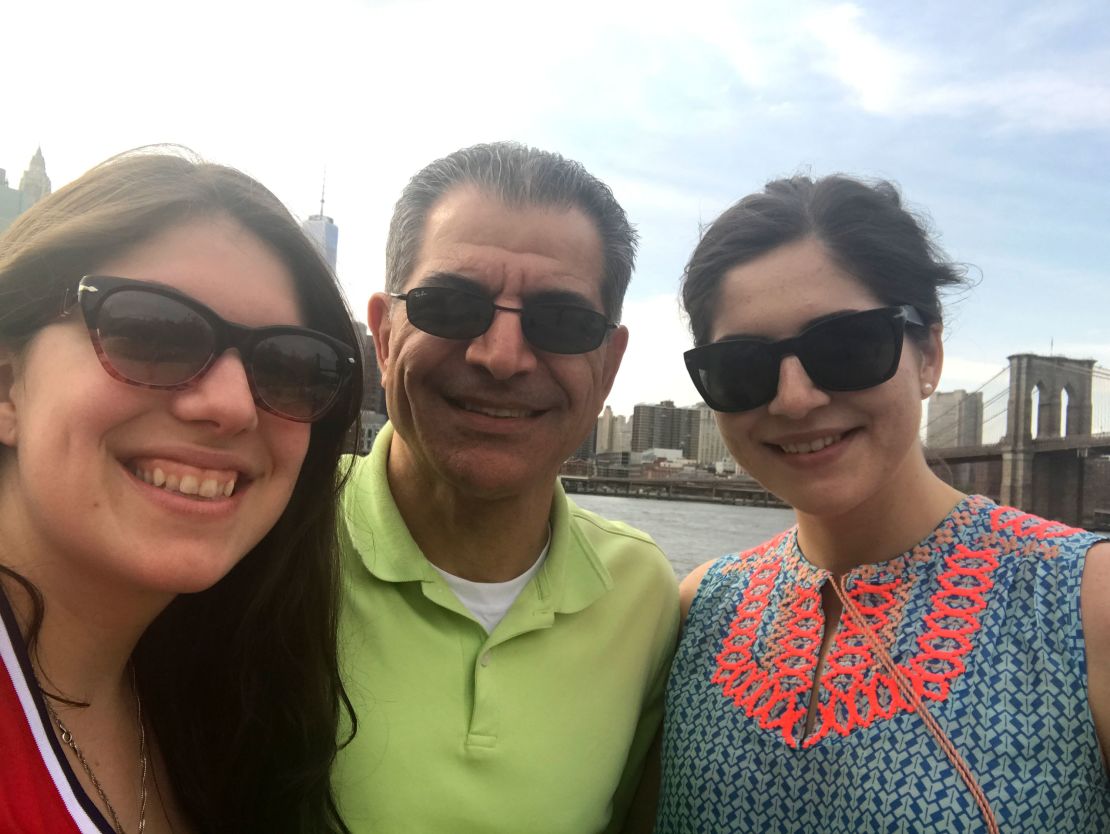
Many families aren’t so lucky. Part of the horrifying nature of FTD is that the early symptoms can look like mental illness and addiction, or can simply alienate someone from their loved ones before they receive a diagnosis and the care they need.
An FTD diagnosis is akin to a death sentence. There is no preventing it. There is no stopping it. There is no slowing it. People with FTD typically die within six to eight years of its onset, usually from vulnerability to infections or accidents. To be given this diagnosis is to open a door into a hellish world where medical science, as well as the health and caregiving systems, seem to collectively shrug their shoulders, shake their heads and in so many words say to patients and their loved ones, “There’s nothing we can do for you.”
Neurologists can’t give a timeline. Even if they’re experienced with the family of dementias and cognitive degeneration that comprise FTD, they can’t determine which symptoms will appear next or when. Even the most well-intentioned providers end up giving patients the bewildering “diagnose and adios” treatment.
According to the Association for Frontotemporal Degeneration, there at least six known clinical trials that are active for disease-modifying drugs. There is one longitudinal study actively recruiting patients and families, the ALLFTD Study, conducted by a consortium of researchers and funded by the National Institutes of Health, including input from patient and caregiver advocates like the Remember Me podcast. But it’s currently only funded through 2025.
With the tragic announcement of a high-profile diagnosis like Willis’, this nightmarish disease is being focused on in a way it never has been before. As greater attention is paid to FTD and the havoc it wreaks on the lives of anyone it comes into contact with, the number of clinical trials and research studies should only grow. The time for greater attention – and, more important, action – is now.
It’s too late for my beloved father. On Friday, just as Iranians around the world were celebrating Nowruz (new year), my own loved ones gathered for Chehelom, the heart-wrenching traditional 40th day observance of mourning.
It’s too late for Bruce Willis – and I know all too well his family has a long, unspeakably painful road ahead of them.
But maybe there’s enough time for others. FTD has about a 50% chance of being passed on to a child if a specific genetic mutation exists, as I suspect did with my father. If we are able to reach a breakthrough in treatment in the coming years, it may not be too late for my sister, for me and for the untold number of potential victims of frontotemporal dementia.
Correction: An earlier version of this story incorrectly said that FTD has about a 50% chance of being passed on to a child. In fact, the type of FTD that stems from a specific genetic mutation has about a 50% chance of being passed on.
